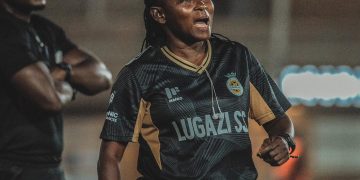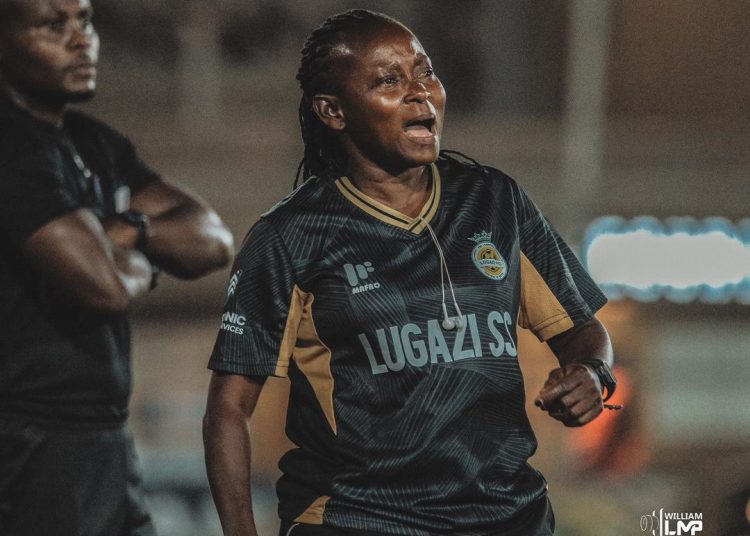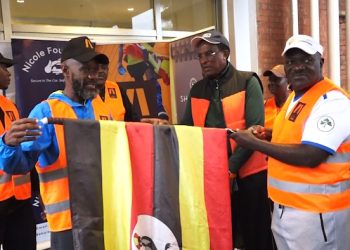Oliver Mbekeka’s appointment as the first female head coach in Uganda Premier League (UPL) history ignited a new wave of attention on female coaches in Ugandan football.
Although her tenure was brief—she returned to her role as assistant coach after Lugazi appointed Steven Bogere as head coach—the impact of her historic debut has been significant.
Her historic appointment brought renewed focus to the growing number of qualified women in Ugandan football coaching, as well as the broader potential for women in leadership roles within the sport.
According to the Federation of Uganda Football Associations (FUFA), the country has been steadily building a robust foundation of certified female coaches.
Currently, Uganda boasts three women holding the esteemed CAF A license—Hadijah Namuyanja, Christine Wanyana, and Majidah Nantanda—qualifying them to coach at the highest levels of African football.
Their certification and leadership have helped pave the way for the next generation of women in football, including coaches like Mbekeka.
At the CAF B level, ten women have earned certification, putting them among the top ranks of the country’s coaching professionals.
These include Mbekeka, whose short but impactful role as Lugazi’s interim head coach brought her talents into the UPL spotlight.
Other prominent CAF B-certified women include Faridah Bulega, Sharon Kizza Acheng, and Nabakooza Lydia, each of whom has contributed to the development and visibility of women in Ugandan football.
Their certification levels allow them to take on key coaching and management roles across both club and national teams.
Beyond the elite certifications, Uganda has a broader base of female coaches, with 45 holding CAF C licenses and 250 more with CAF D licenses.
Furthermore, more than 300 women have completed beginner courses, representing a growing pipeline of aspiring female coaches and future leaders in Ugandan football.
Anisha Muhoozi, CEO of KCCA Football Club, recently highlighted the significance of the appointment, lauding Lugazis chairman Abdul Kawuulu for taking a “bold step.”
While Mbekeka’s stint as head coach was ultimately short-lived, the visibility she brought to women in coaching has created lasting momentum.





























